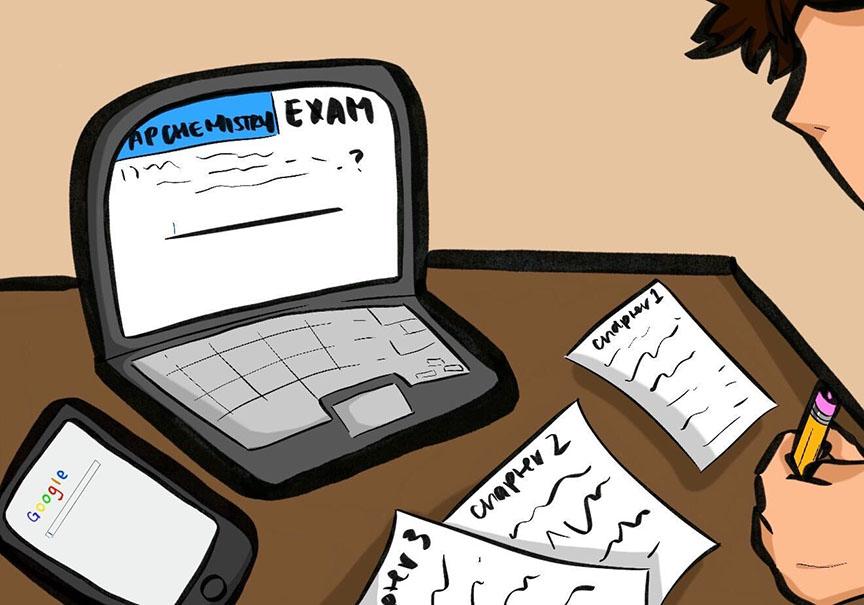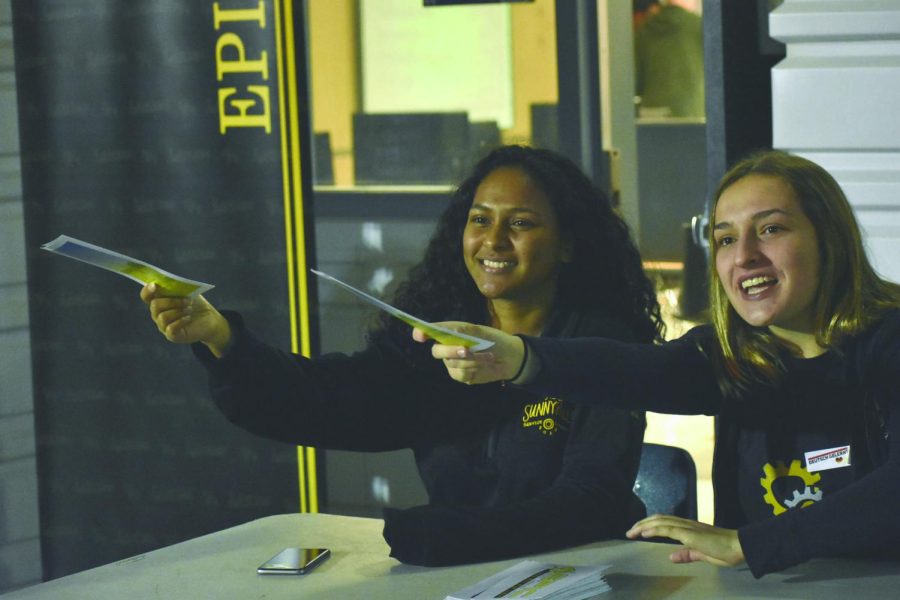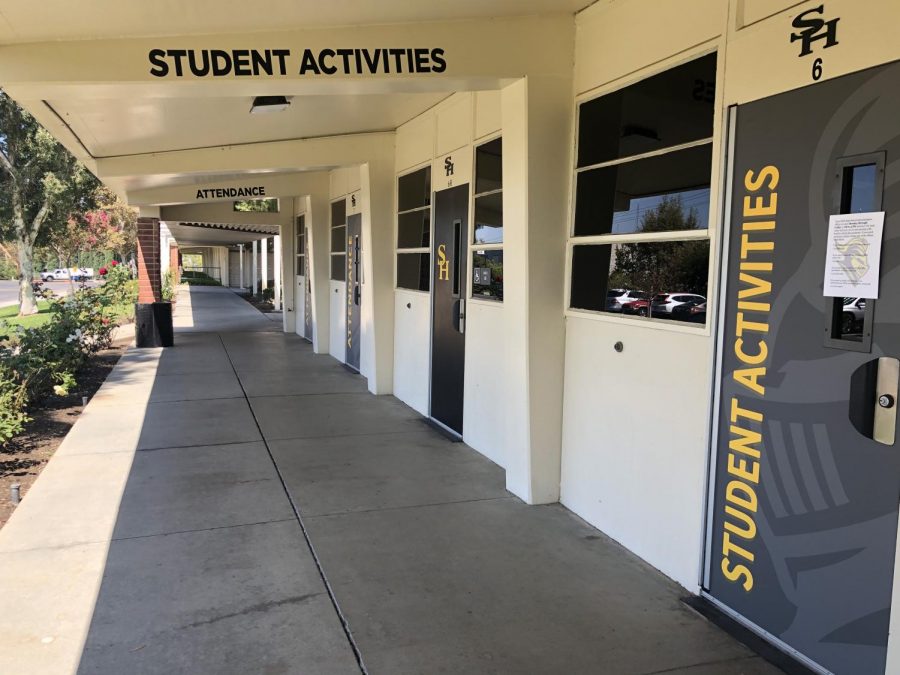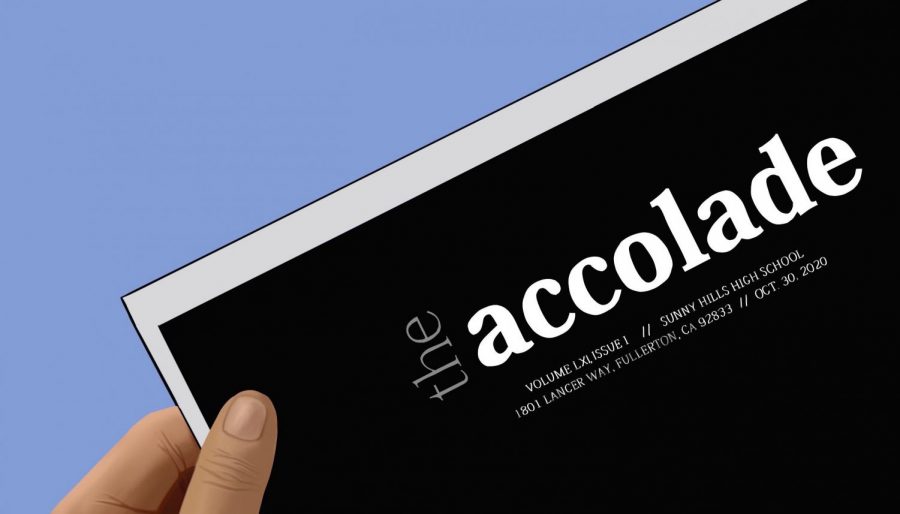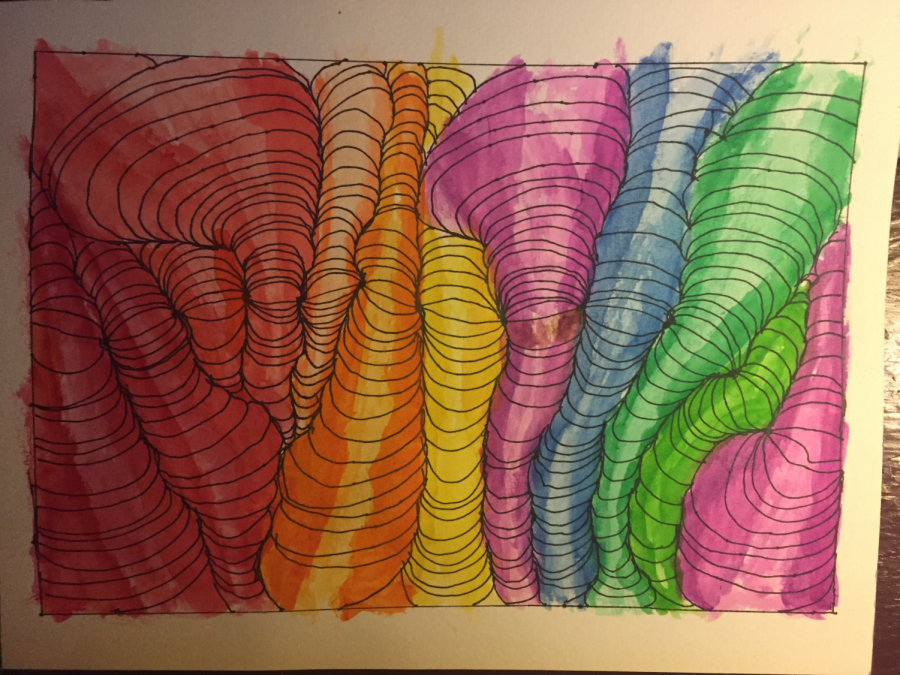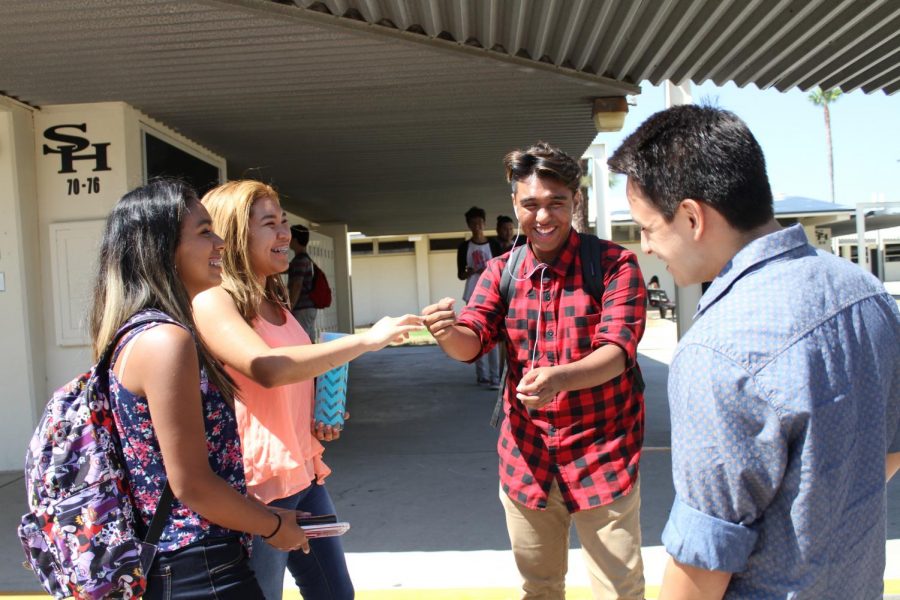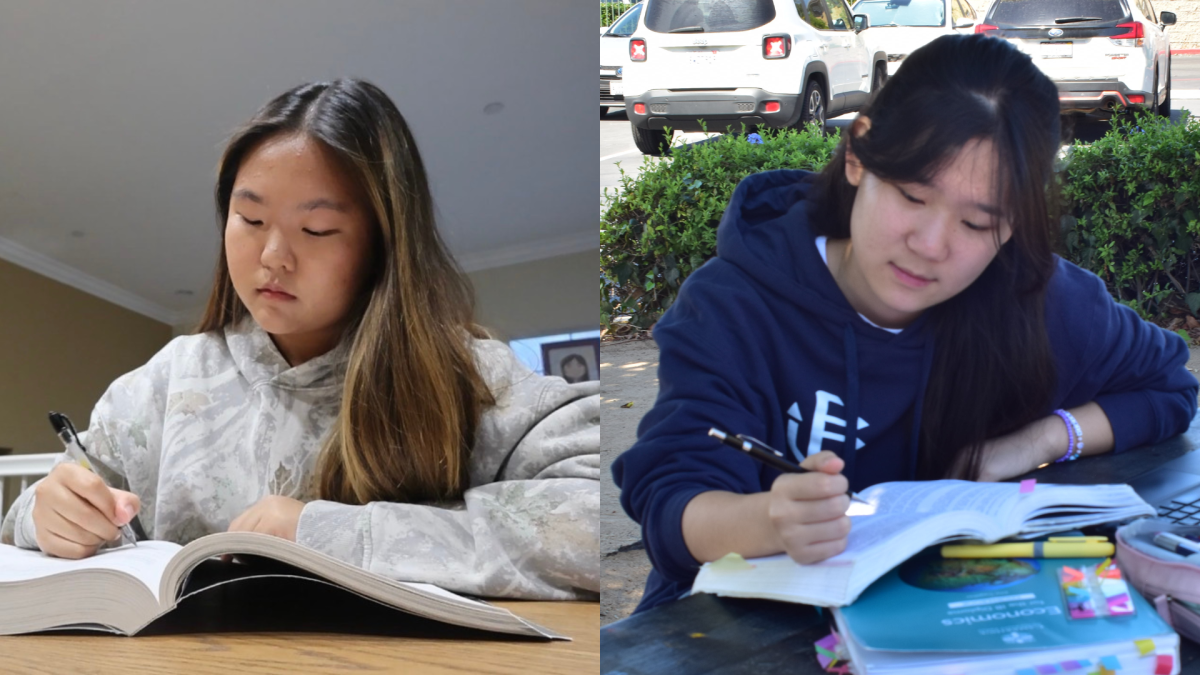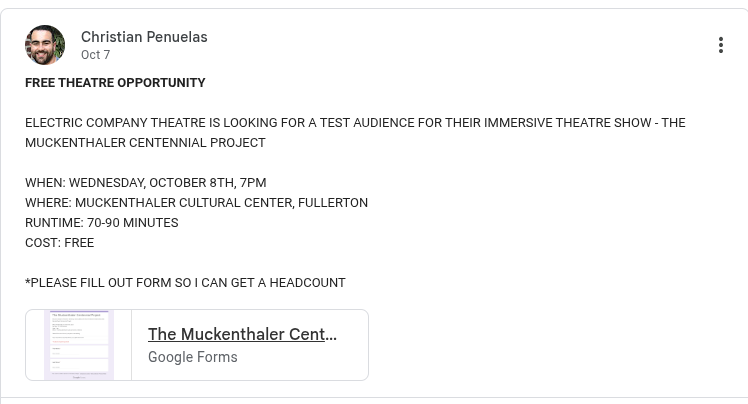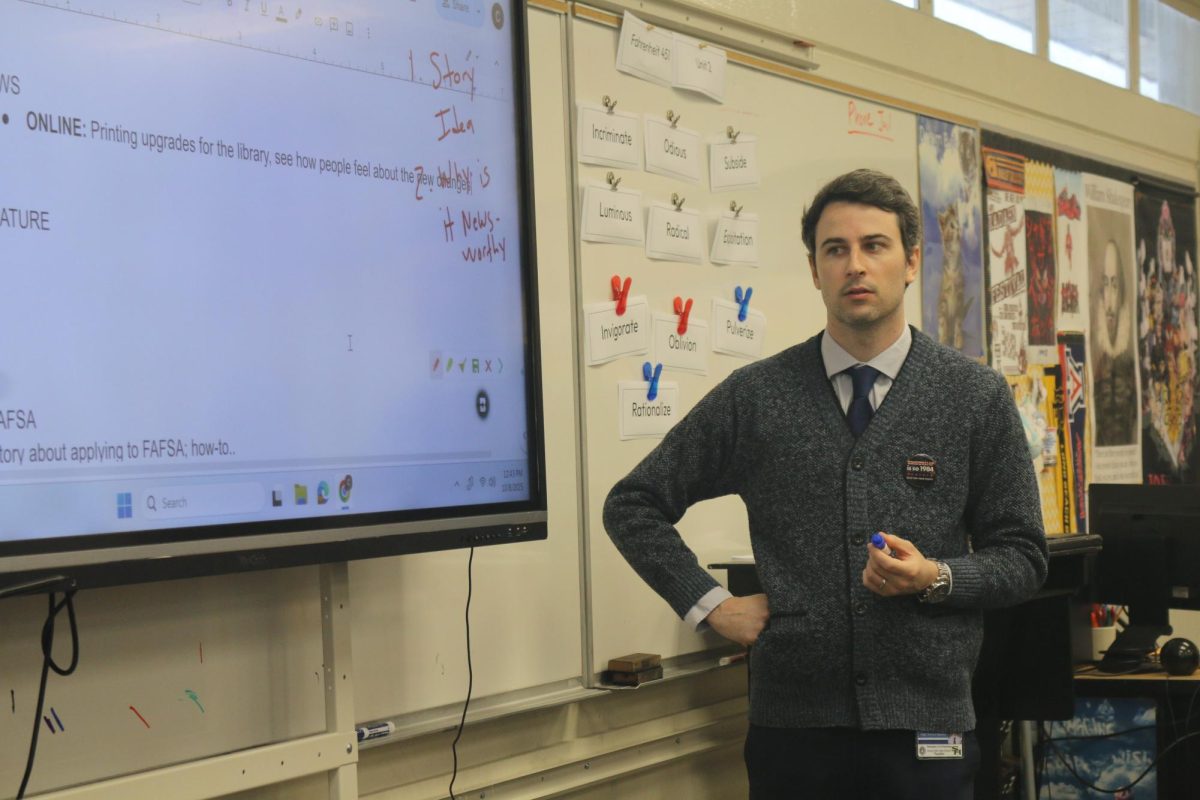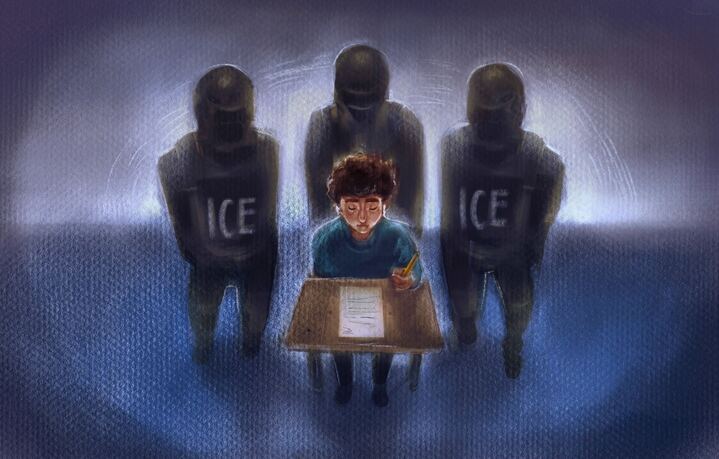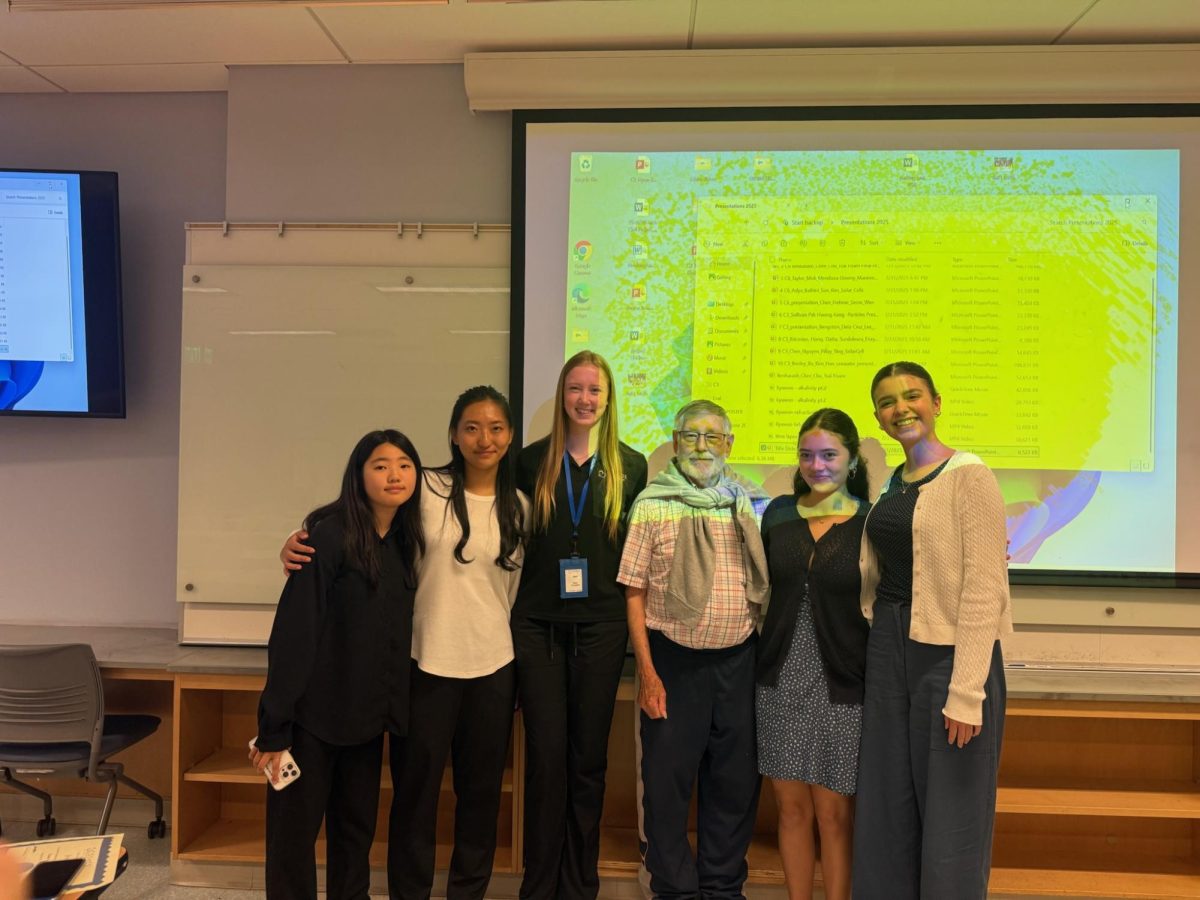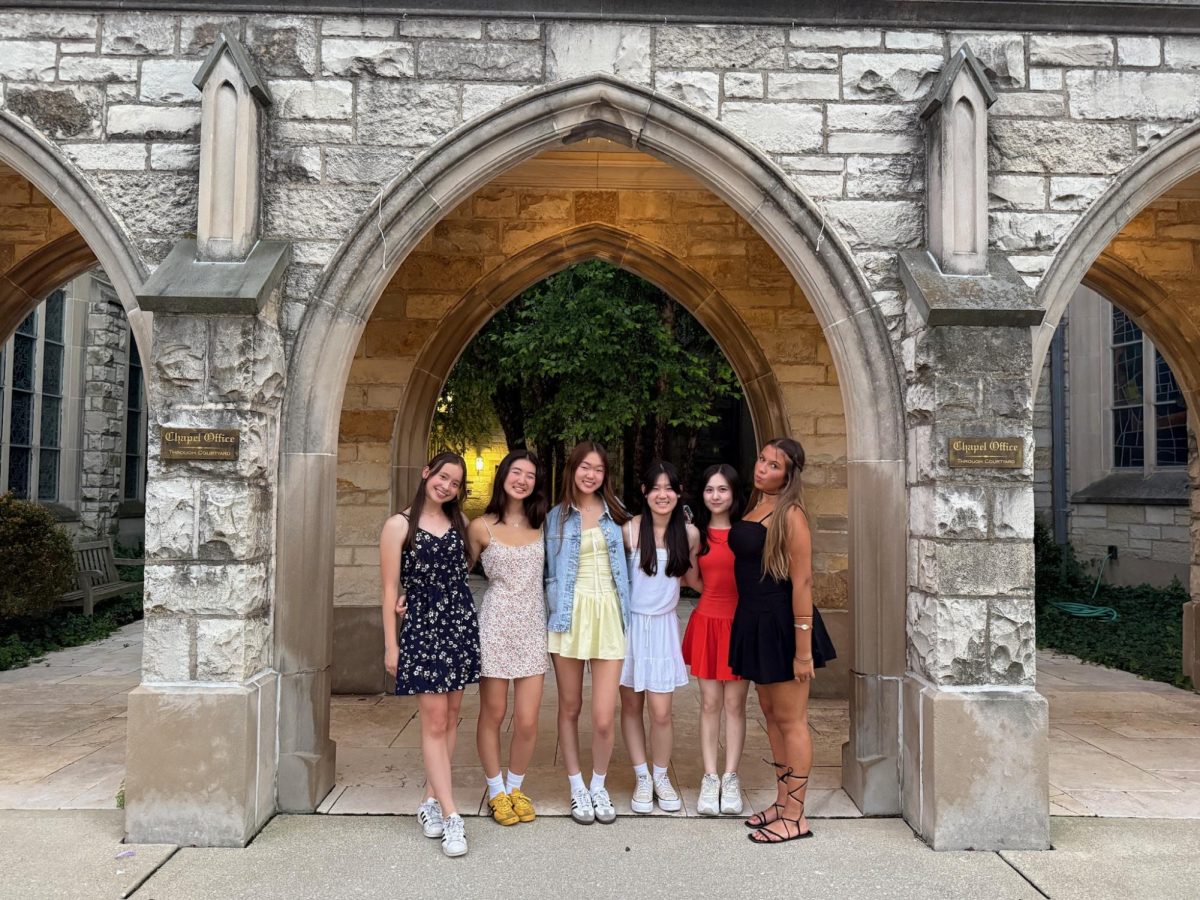In light of the coronavirus outbreak, schools have adapted to alternative methods of education by switching to online learning, which has been hard for many Sunny Hills students.
Concerns over cheating and formatting have led many national academic tests, such as the SAT and ACT, to be canceled or postponed instead of being taken online. Despite this, the College Board has decided to continue to administer Advanced Placement [AP] tests for the 2019-20 school year with the first 45-minute online exams starting Monday, May 11 (Physics C and U.S. Government and Politics).
Although the College Board has given students the option of asking for a refund, it’s clear that students should not opt out of taking their AP exams because these changes arguably make the tests easier for students by giving them more time to prepare and making it open Google/notes.
While the traditional exam includes a multiple-choice portion, this at-home exam contains one or two free-response questions only, covering material that most teachers would have reviewed by early March before several public schools shut down nationwide because of the COVID-19 pandemic.
For the first time, the College Board has also allowed students to type out their answers to the free-response questions instead of writing out the answers by hand on a sheet of paper.
These changes can only make studying for and taking the AP exams much easier since students have less material to review and less stress of having to write their ideas out on paper since many of them are used to typing out their essays in many of their classes. Also, it would not make much sense to ask for money back if the College Board will turn a blind eye on students who choose to go online to see if Google can help with answering the free-response question(s). This scenario definitely reduces the emphasis on memorization.
This may sound unfair, but in reality, since the tests only consist of free-response questions with a time limit, constantly referencing other materials would be very difficult. In fact, many most AP teachers have told their students that they must fully know the material if they want to finish the test accurately and on time.
So it’s not surprising that a survey of 18,000 students taken by the College Board shows that 91 percent of students still want to take their AP tests. Many students understand that, in these unique circumstances, the only way to take the test is by administering it online.
Students who take AP courses spend the entire year preparing for their tests, and this new format definitely should not discourage them from accepting this 45-minute challenge. People must recognize that an online test is better than none at all because it allows students’ year-long efforts to be rewarded and their knowledge to be put to use.
The College Board has definitely made the bolder decision to move forward with testing and not follow the International Baccalaureate program, which has canceled tests completely. It also deserves praise for creating online lectures earlier this month that the College Board advertises as being taught by actual AP teachers for the students to use when reviewing for their exams.
These provided courses are live-streamed daily and are even posted on the College Board’s YouTube channel afterward, which greatly helps students who need extra assistance preparing for their exams. This opportunity is especially helpful for students whose AP teachers have not provided them with adequate online learning materials.
They have also partnered with school district offices to help students who do not have access to either the internet or proper technology to take their test. These students are provided with hotspots and electronic devices to use if needed.
Some might feel these online exams are socioeconomically unfair because the College Board cannot prevent those with money to pay private tutors to take students’ AP exams for them or be available by phone or Facetime to help test-takers. These scenarios allude to what happened last year with the federal government’s case against certain Hollywood celebrities or business tycoons in the college admissions scandal. Many of them were charged with allegedly paying thousands of dollars to William Rick Singer to have someone else take SAT tests for their children.
Yes, testing security is definitely not full-proof, but at least the College Board has asked students’ AP teachers to review their responses later this month to confirm if their writing style is similar to what instructors have seen earlier in the school year. College Board officials have also suggested educators could use their students’ written responses as a final exam grade.
Though this is optional, at least the possibility of students’ teachers reviewing answers to the exams could be a deterrent for plagiarism.
All of these changes will help ensure that the test is as fair as possible for all AP students.
Ultimately, students need to understand that though this may not be ideal, it is the best possible solution.
After the College Board’s announcement about sticking with AP exams, it mentioned in a subsequent April news release that it will look into offering an online, home version of the SAT if the COVID-19 crisis were to prevent future test administrations in large rooms. With success imminent for students taking these altered AP exams, it wouldn’t be surprising for these same test-takers to mark, “all of the above,” if asked in a future College Board survey whether they would also want to take the SAT and other subject exams from the comfort of their homes.



